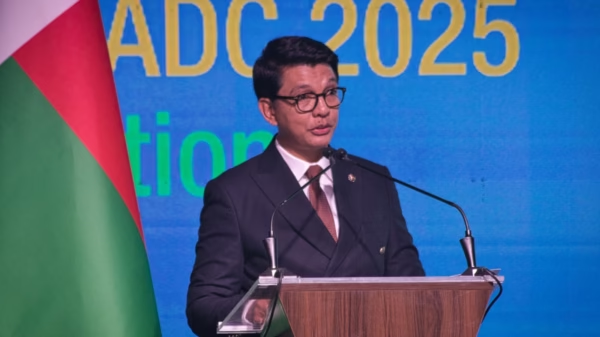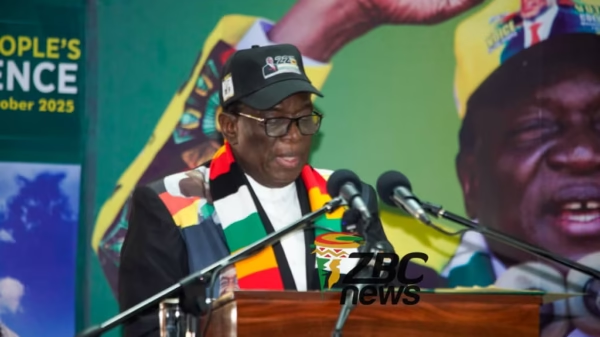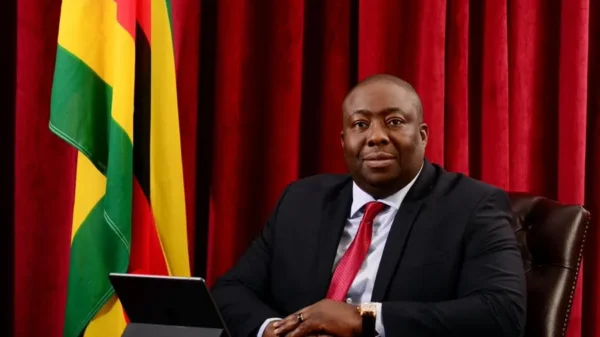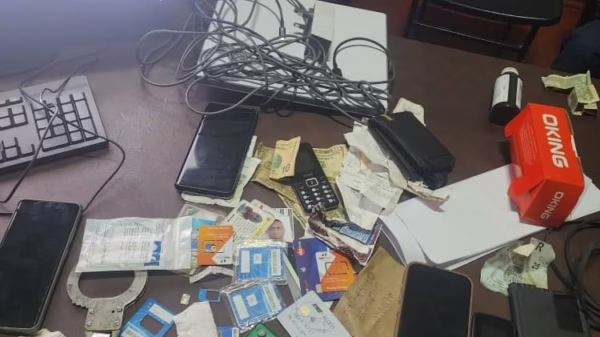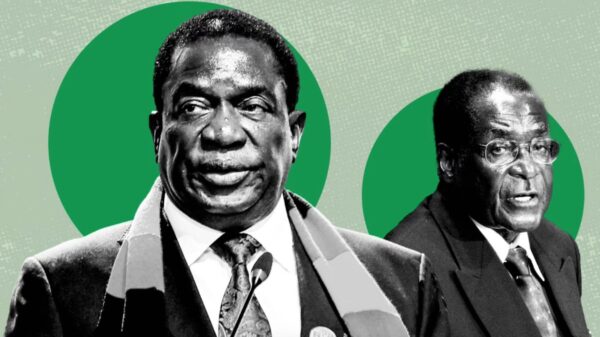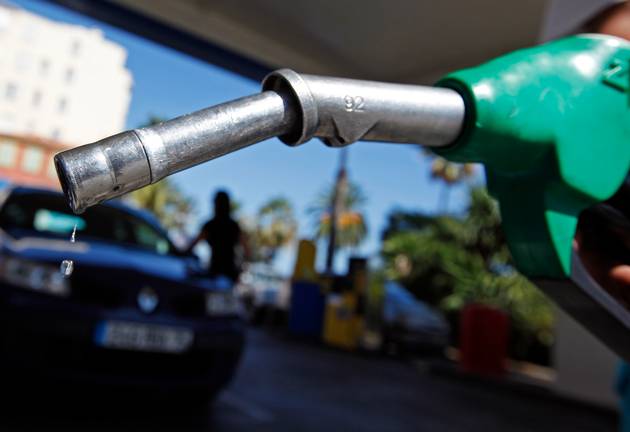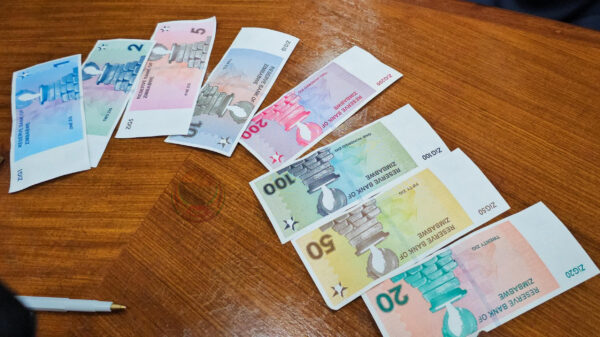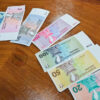The National Bank of Ethiopia has allocated US$175 million in foreign exchange to the state-owned Ethiopian Petroleum Supply Enterprise, a major fuel importer, to cover upcoming fuel-related import payments, Bloomberg reported.
According to a central bank statement, this allocation comes as Ethiopia, which spends approximately US$4 billion annually on fuel imports, grapples with severe dollar shortages. In June, Prime Minister Abiy Ahmed revealed the financial burden of these imports.
In addition to the foreign exchange allocation, Ethiopia is set to receive US$345 million from an International Monetary Fund (IMF) program, complementing the US$1 billion disbursement announced in July.
Africa’s second most populous country has operated under a managed floating exchange rate system, leading to a shortage of dollars essential for imports and profit repatriation by foreign investors.
Also read: Minister Denies Claims of Ramaphosa’s Knowledge on Controversial Loan
In July, Ethiopia took a bold step by floating its currency, resulting in a 50 percent devaluation, bringing it closer to street market rates.
This measure was part of the country’s broader efforts to secure over US$10 billion in IMF and World Bank funding and to initiate a long-overdue debt restructuring process.
That depreciation has helped to draw more foreign exchange to official channels.
In August, the central bank held its first-ever special auction to help banks bolster their dollar reserves.
Internally, the East African country has been contending with increased financial difficulties arising from the effects of the COVID-19 pandemic and a two-year civil war that ended in November 2022.
Last December, the country became the third economy on the continent to default on its government debt

For comments, Feedback and Opinions do get in touch with our editor on WhatsApp: +44 7949 297606.









